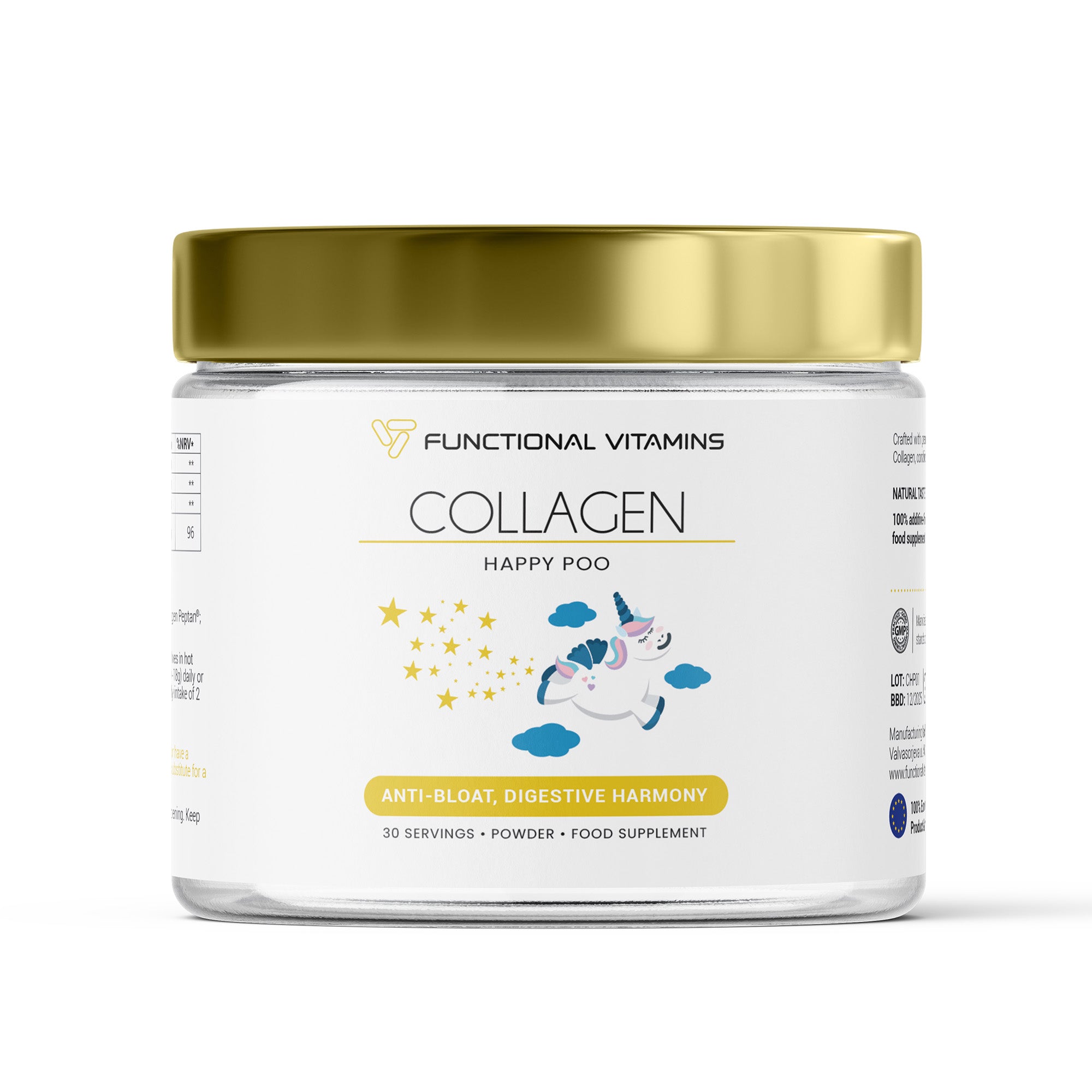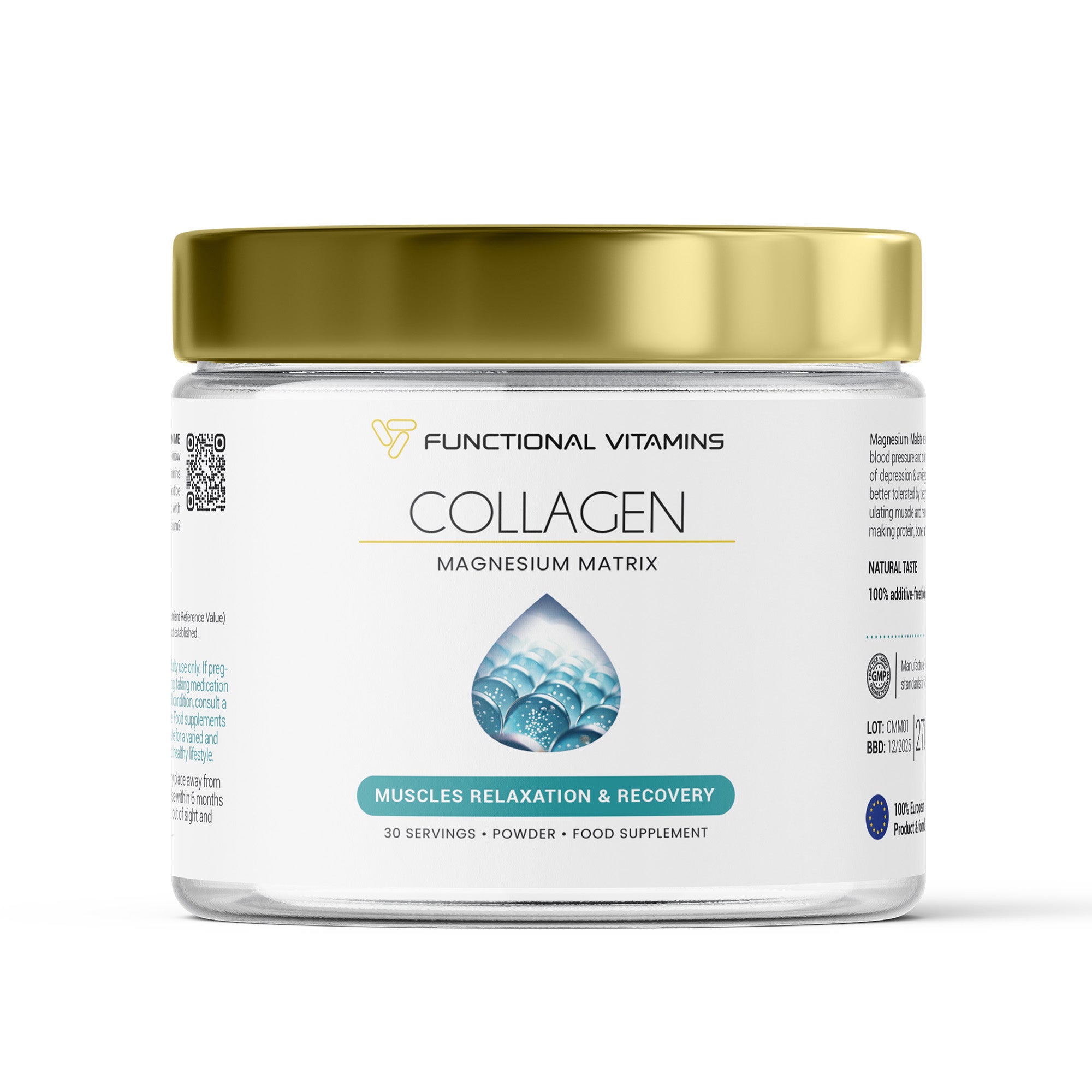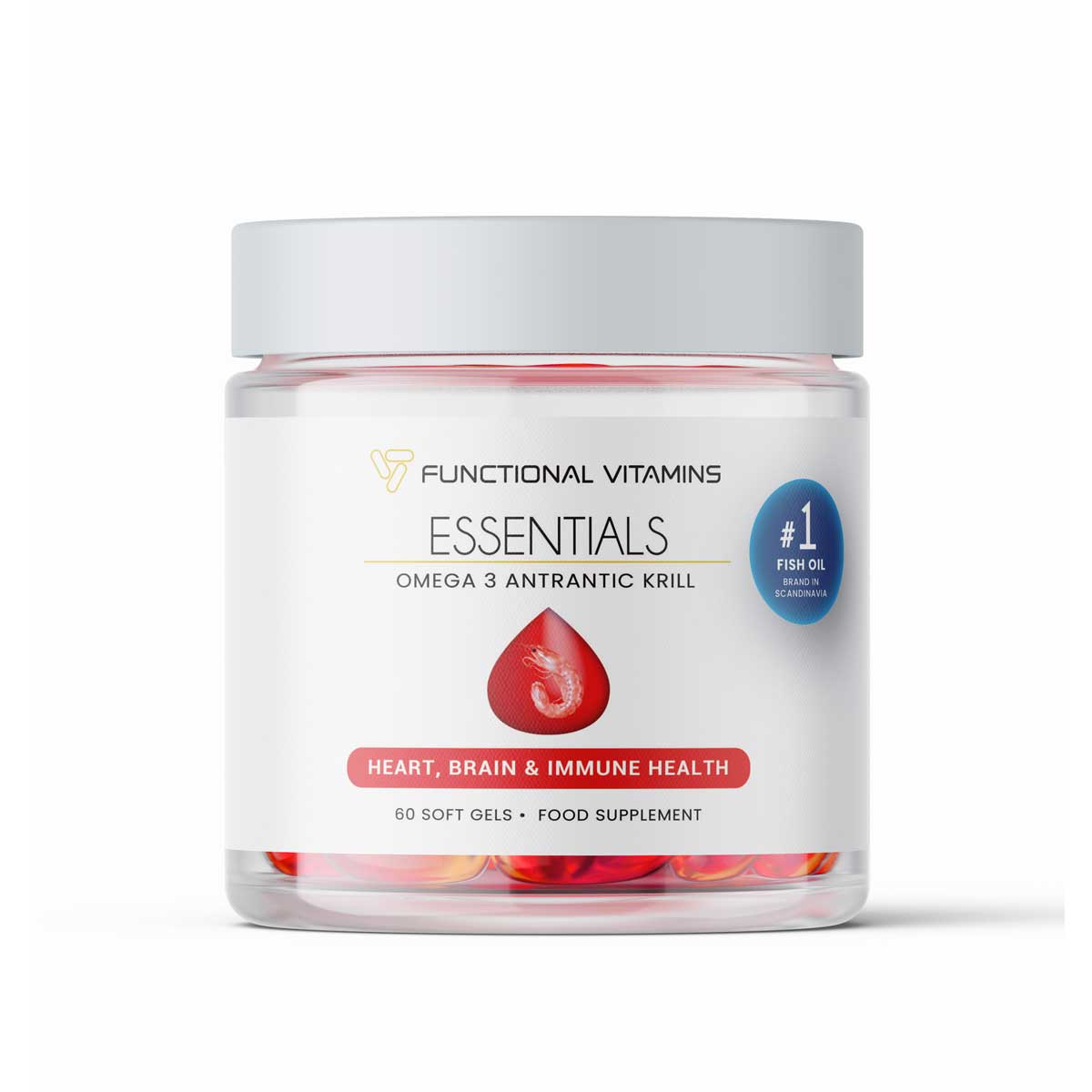Magnesium plays a critical role in over 300 enzymatic processes in the body. It helps regulate muscle and nerve function, supports a healthy immune system, maintains bone density, and aids in energy production. However, due to dietary deficiencies, chronic conditions, or high-stress lifestyles, many people struggle to meet their magnesium needs. The type of magnesium you choose significantly influences its effectiveness and tolerance. In this guide, we’ll explore the types of magnesium, their bioavailability, potential side effects, benefits, and more importantly what type of magnesium is right for you.
The Science of Magnesium
Magnesium is the fourth most abundant mineral in the body and is primarily stored in bones (60%), muscles (20%), and other tissues. It acts as a cofactor in over 300 enzymatic reactions, influencing everything from DNA synthesis to energy production in the mitochondria.
Magnesium and Cellular Energy
ATP Production: Magnesium is essential for stabilizing adenosine triphosphate (ATP), the body's energy currency. Without magnesium, ATP cannot function properly.
Enzyme Activation: It activates enzymes involved in glycolysis, oxidative phosphorylation, and fat metabolism.
Magnesium in Muscle and Nerve Function
Regulates calcium and potassium ion transport across cell membranes, ensuring proper muscle contractions and nerve signaling.
Prevents muscle cramps, spasms, and neurological dysfunction.
Understanding Magnesium Bioavailability
Bioavailability refers to the extent and rate at which a substance, such as magnesium, is absorbed into the bloodstream and becomes available for the body to use. When it comes to magnesium supplements, bioavailability is critical because it determines how effectively your body can utilize the magnesium you're consuming.
Bioavailability is measured through clinical studies that assess:
Absorption Efficiency: How much of the magnesium is absorbed into the bloodstream after ingestion.
Urinary Excretion: The amount of magnesium excreted in the urine, which helps determine how much was absorbed and used.
Retention Studies: Tests that measure how much magnesium remains in the body over time, indicating whether it's being utilized effectively by cells and tissues.
These studies are often conducted using different forms of magnesium to compare their absorption and utilization rates.
Not all magnesium supplements are absorbed equally. Bioavailability refers to the amount of magnesium that is effectively absorbed and utilized by the body. Here’s a detailed comparison:
Magnesium Oxide:
Bioavailability: Very low (around 4%).
Despite having a high percentage of elemental magnesium, its poor absorption makes it less effective for supplementation.
Magnesium Citrate:
Bioavailability: High (25-30%).
Easily absorbed and widely used for addressing deficiencies and improving digestion.
Magnesium Glycinate / Bisglycinate:
Bioavailability: Very high (up to 80%).
Mechanism: Chelated with glycine, an amino acid, this form bypasses the gut's pH-dependence for absorption.
Studies: Research highlights its superior absorption and minimal gastrointestinal side effects, making it ideal for sensitive individuals.
Known for its gentle effects on the stomach and its ability to improve sleep and reduce stress.
Magnesium Malate:
Bioavailability: Moderate to high (~40-50%).
Mechanism: Bound to malic acid, it supports mitochondrial function and energy production.
Uses: Popular among people with fibromyalgia or chronic fatigue syndrome for its dual role in energy support and muscle recovery.
Magnesium Chloride:
Bioavailability: High (~50%).
Absorbs efficiently and is also used topically for muscle relaxation.
Magnesium Taurinate:
Bioavailability: High.
Mechanism: Bound to taurine, it enhances cardiovascular health by stabilizing blood pressure and reducing arrhythmias.
Uses: Preferred for heart health and reducing anxiety.
Magnesium Ascorbate
Bioavailability: High
Mechanism: Combines magnesium with Vitamin C for antioxidant and immune-boosting benefits.
Uses: Ideal for combating oxidative stress and supporting the immune system.
High-bioavailability forms are less likely to cause side effects like diarrhea, allowing you to take higher doses if necessary.

The chart compares six magnesium types, showing their bioavailability (blue bars) and digestive discomfort (red bars). Magnesium glycinate and taurinate offer high absorption with minimal digestive issues, while magnesium oxide has low bioavailability and high discomfort, making it less effective for supplementation.
Side Effects and Stomach Sensitivity
Common Issues
Diarrhea: Magnesium citrate and oxide are poorly absorbed, drawing water into the intestines and causing loose stools.
Stomach Cramps: High doses or certain types like magnesium oxide can irritate the stomach lining.
How to Avoid Side Effects
Opt for highly bioavailable forms like magnesium bisglycinate or magnesium taurate, which are gentle on the digestive system.
Take magnesium supplements with meals to enhance tolerance.
Magnesium for Specific Conditions
1. Crohn’s Disease and IBS
Challenges: Malabsorption often leads to magnesium deficiency in these patients.
Best Types: Magnesium bisglycinate and taurate are ideal due to their gentleness and high absorption rates.
Why It Helps: Magnesium supports smooth muscle function in the intestines and reduces inflammation.
2. Fibromyalgia
Challenges: Muscle pain and low energy are hallmarks of these conditions.
Best Type: Magnesium malate, which supports ATP production and alleviates muscle fatigue.
Why It Helps: Combines pain relief with energy support.
3. Cardiovascular Health
Challenges: High blood pressure and irregular heart rhythms are common concerns.
Best Type: Magnesium taurate, as it combines magnesium’s heart-healthy properties with taurine’s ability to stabilize blood pressure.
Why It Helps: Reduces arterial stiffness and promotes a steady heartbeat.
4. Stress and Sleep
Challenges: Chronic stress depletes magnesium levels, affecting sleep quality.
Best Type: Magnesium bisglycinate, which promotes relaxation and calms the nervous system.
Why It Helps: Enhances GABA activity, which supports restful sleep.
How to Determine Which Magnesium is Right for You
To find the most suitable form of magnesium for your body, consider the following factors:
Your Health Goals:
General Deficiency: Magnesium glycinate or citrate.
Stress and Sleep: Magnesium glycinate or magnesium taurate.
Muscle Pain and Recovery: Magnesium malate or chloride.
Digestive Issues: Magnesium citrate (for constipation relief) or glycinate (for a gentler option).
Heart Health: Magnesium taurate or orotate.
Cognitive Health: Magnesium L-threonate.
Digestive Sensitivity:
If you have a sensitive stomach or conditions like IBS, opt for forms with minimal laxative effects, such as magnesium glycinate or malate.
Lifestyle Factors:
Athletes or individuals with high physical demands may benefit from magnesium malate or citrate for muscle support and energy.
Testing and Consultation:
Consider having your magnesium levels tested to identify deficiencies. Your healthcare provider can recommend the best form and dose based on your health profile.
Practical Tips for Choosing and Taking Magnesium
Look for High-Bioavailability Forms: These include magnesium glycinate, citrate, malate, and taurate.
Start with Small Doses: Gradually increase your intake to assess tolerance and avoid side effects like diarrhea.
Take with Food: Magnesium absorption is enhanced when taken with meals, and this also minimizes digestive discomfort.
Avoid Fillers and Additives: Choose supplements with pure, high-quality magnesium forms without unnecessary additives.
How Much Magnesium Should You Take?
The recommended daily intake (RDI) for magnesium varies by age and gender:
Women: 310–320 mg/day
Men: 400–420 mg/day
Pregnant Women: 350–360 mg/day
For those with deficiencies or chronic conditions, higher doses may be recommended under medical supervision.
Functional Vitamins Magnesium Complex: A Global Benchmark
Functional Vitamins Magnesium Complex is an advanced formula designed to provide optimal magnesium supplementation. It features a carefully curated blend of the most bioavailable magnesium types, ensuring maximum effectiveness with minimal side effects. Here’s what sets it apart:
Ingredients
Magnesium Glycinate (20%): 517.50 mg (103.50 mg elemental magnesium)
Magnesium Malate (15%): 153.33 mg (23.00 mg elemental magnesium)
Magnesium Chelate (12%): 41.67 mg (5.00 mg elemental magnesium)
Magnesium Taurinate (8.59%): 62.50 mg (5.00 mg elemental magnesium)
Magnesium Ascorbate (8%): 6.67 mg (0.40 mg elemental magnesium, plus 42.50 mg Vitamin C)
Overall Formula Bioavailability and Digestive Comfort

This chart compares the overall formula bioavailability and digestive comfort between Functional Vitamins and a competitor. Functional Vitamins significantly outperforms the competitor in both categories, with 65% bioavailability and 90% digestive comfort, while the competitor relies heavily on magnesium oxide, offering only 4% bioavailability and 10% comfort.
Why It’s the Best Choice
Pure and Clean: Contains no fillers or additives, making it safe for long-term use.
Tailored for All Needs: The blend addresses energy, muscle health, heart function, and immunity.
Globally Recognized: Trusted for its superior quality and effectiveness.
Magnesium bioavailability is a critical factor in choosing the right supplement. While high-bioavailability forms like magnesium glycinate and malate ensure better absorption, your choice should align with your health goals, digestive tolerance, and individual needs. Consulting with a healthcare professional and paying attention to how your body responds can help you optimize your magnesium supplementation for better health.
Functional Vitamins Magnesium Complex offers a superior blend of bioavailable magnesium forms, tailored for diverse health needs, and free from fillers or additives. Whether you’re managing a chronic condition or seeking overall wellness, this formula delivers exceptional results, making it a global leader in magnesium supplementation.












Leave a comment
This site is protected by hCaptcha and the hCaptcha Privacy Policy and Terms of Service apply.